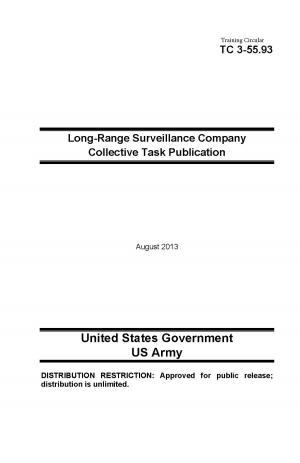Moral Materialism
A Semantic Theory of Ethical Naturalism
Nonfiction, Religion & Spirituality, Philosophy, Free Will & Determinism, Ethics & Moral Philosophy, Science & Nature| Author: | Ashish Dalela | ISBN: | 9789385384035 |
| Publisher: | Shabda Press | Publication: | May 18, 2015 |
| Imprint: | Language: | English |
| Author: | Ashish Dalela |
| ISBN: | 9789385384035 |
| Publisher: | Shabda Press |
| Publication: | May 18, 2015 |
| Imprint: | |
| Language: | English |
Modern science describes the physical effects of material causes, but not the moral consequences of conscious choices. Is nature merely a rational place, or is it also a moral place? The question of morality has always been important for economists, sociologists, political theorists, and lawmakers. However, it has had almost no impact on the understanding of material nature in science.
This book argues that the questions of morality can be connected to natural law in science when science is revised to describe nature as meaningful symbols rather than as meaningless things. The revision, of course, is entailed not just by issues of morality but also due to profound unsolved problems of incompleteness, indeterminism, irreversibility and incomputability in physics, mathematics, and computing theory. This book shows how the two kinds of problems are deeply connected.
The book argues that the lawfulness in nature is different from that presented in current science. Nature comprises not just things but also our theories about those things. The world of things is determined but the world of theories is not—our theories represent our free will, and the interaction between free will and matter now has a causal consequence in the evolution of scientific theories.
The moral consequences of free will represent the ideological evolution of the observer, and the correct theory represents the freedom from this evolution. Free will is therefore not the choice of arbitrary and false theories; free will is the choice of the correct theory. Once the correct theory is chosen, the observer is free of natural laws, since all phenomena are consistent with the correct theory.
Modern science describes the physical effects of material causes, but not the moral consequences of conscious choices. Is nature merely a rational place, or is it also a moral place? The question of morality has always been important for economists, sociologists, political theorists, and lawmakers. However, it has had almost no impact on the understanding of material nature in science.
This book argues that the questions of morality can be connected to natural law in science when science is revised to describe nature as meaningful symbols rather than as meaningless things. The revision, of course, is entailed not just by issues of morality but also due to profound unsolved problems of incompleteness, indeterminism, irreversibility and incomputability in physics, mathematics, and computing theory. This book shows how the two kinds of problems are deeply connected.
The book argues that the lawfulness in nature is different from that presented in current science. Nature comprises not just things but also our theories about those things. The world of things is determined but the world of theories is not—our theories represent our free will, and the interaction between free will and matter now has a causal consequence in the evolution of scientific theories.
The moral consequences of free will represent the ideological evolution of the observer, and the correct theory represents the freedom from this evolution. Free will is therefore not the choice of arbitrary and false theories; free will is the choice of the correct theory. Once the correct theory is chosen, the observer is free of natural laws, since all phenomena are consistent with the correct theory.















